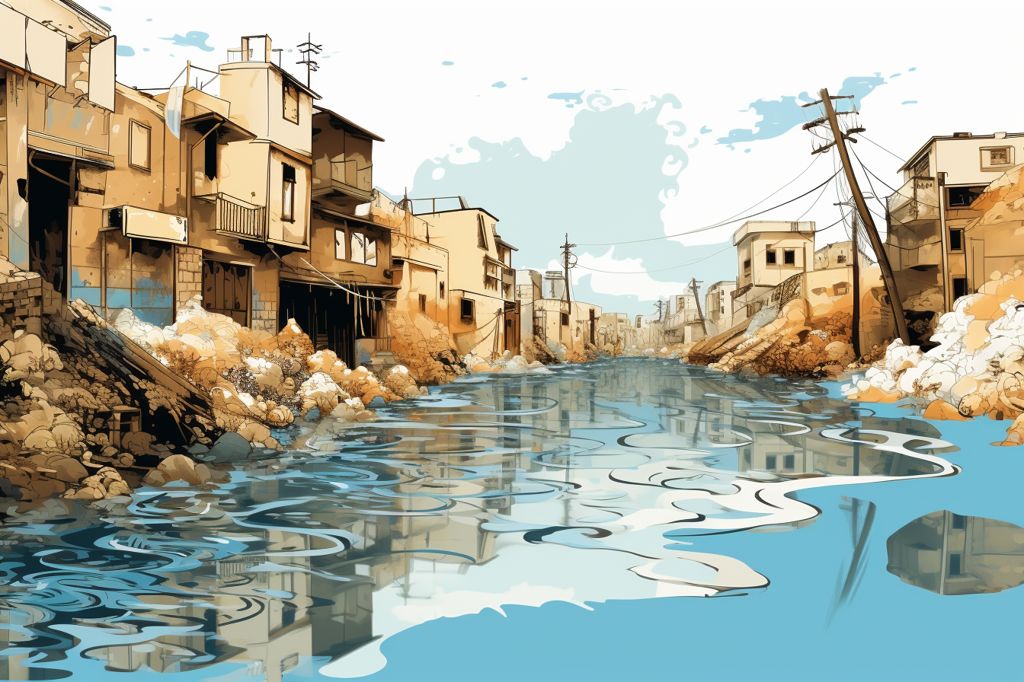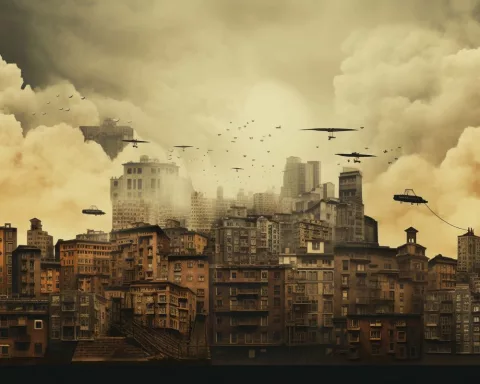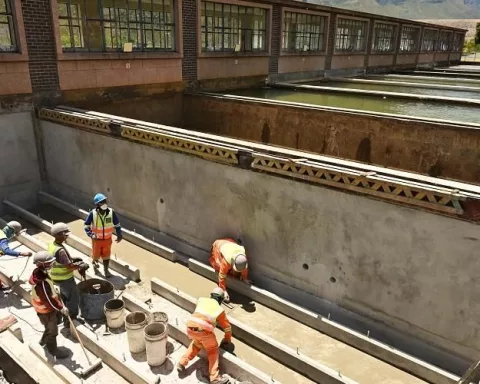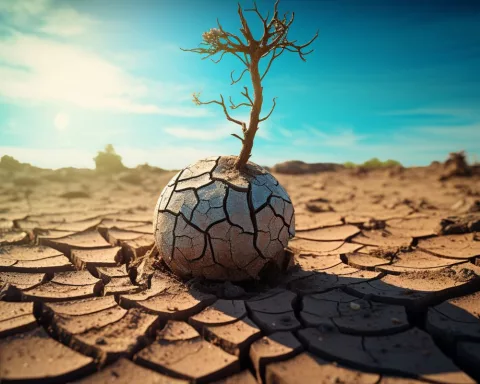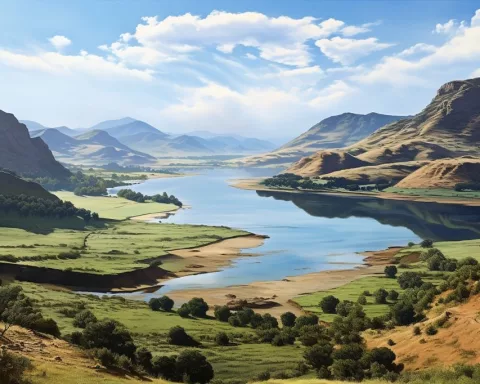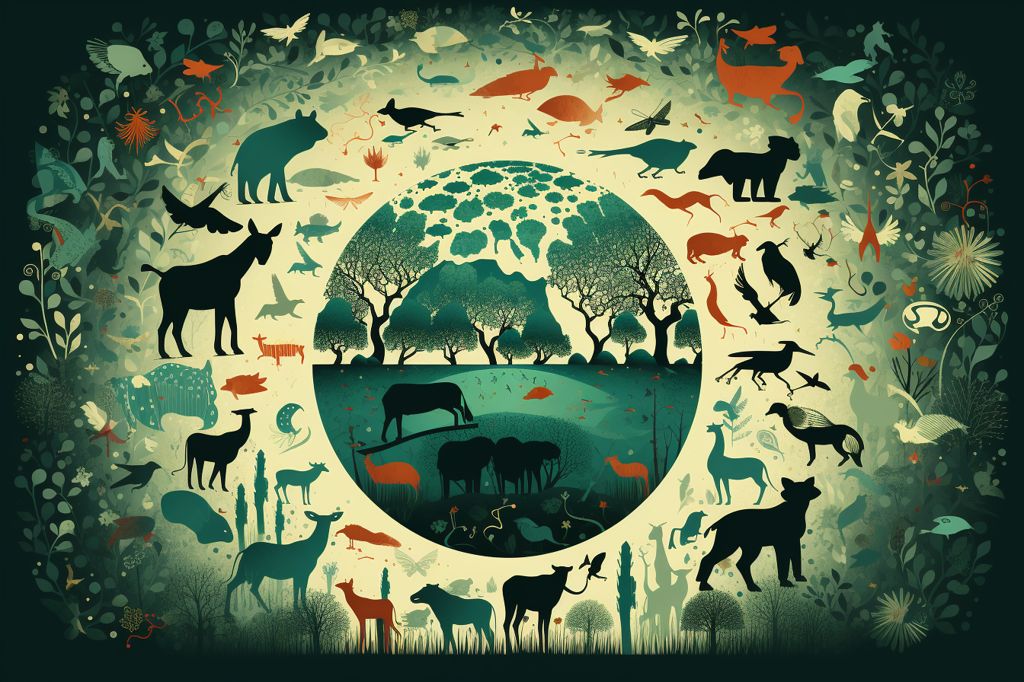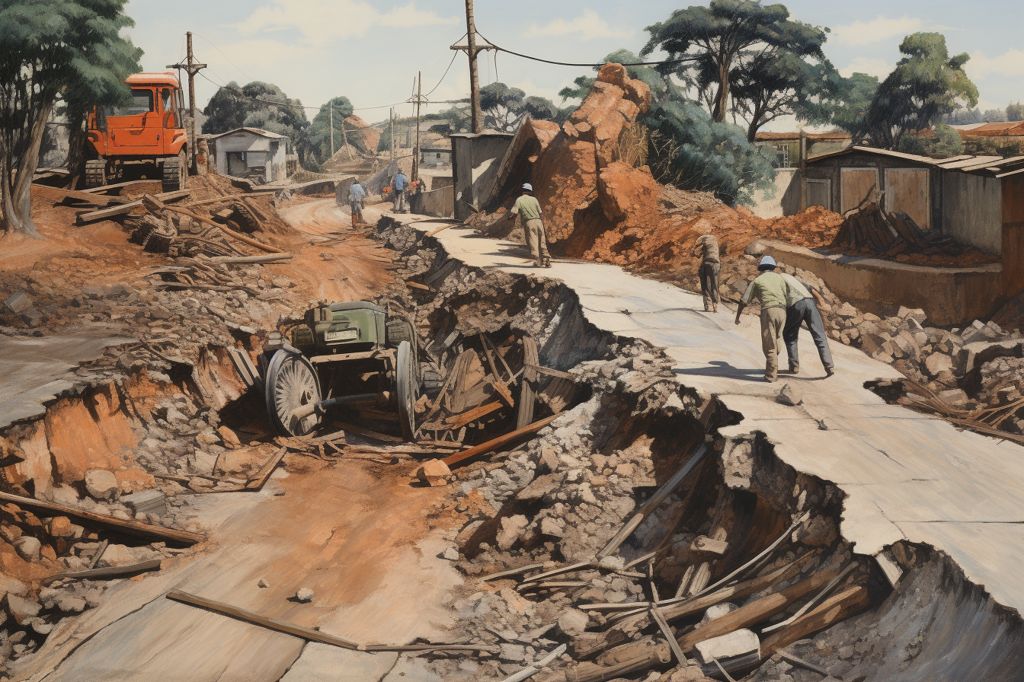South African Minister of Water and Sanitation, Mr. Senzo Mchunu, supports an investigation into allegations of corruption and maladministration related to a R295 million tender granted for the renovation and improvement of the Rooiwal Waste Water Treatment Works. The plant has struggled with operational and maintenance issues, resulting in inadequate effluent treatment and contamination of the Apies River and the Leeuwkraal Dam. This pollution has negatively impacted the water quality in the Leeuwkraal Dam, compromising the drinkability of the water supplied to the Hammanskraal area. The Special Investigating Unit will probe the allegations and the City of Tshwane will address water quality and supply problems.
Minister Senzo Mchunu Endorses Rooiwal Tender Investigation
South African Minister of Water and Sanitation, Mr. Senzo Mchunu, has voiced his support for the Special Investigating Unit (SIU)’s decision to probe allegations of corruption and maladministration within the City of Tshwane Metropolitan Municipality. The allegations in question are related to a R295 million tender granted for the renovation and improvement of the [Rooiwal Waste Water Treatment Works](https://capetown.today/a-united-front-against-water-and-sanitation-challenges-in-hammanskraal/).
The Rooiwal Waste Water Treatment plant is located in a region that encompasses Atteridgeville, Pretoria’s central business district, Pretoria North, Soshanguve South, and Rosslyn. The plant has struggled with operational and maintenance issues, resulting in inadequate effluent treatment. As a result, the wastewater discharged continues to contaminate the Apies River and the Leeuwkraal Dam. This pollution has negatively impacted the water quality in the Leeuwkraal Dam, compromising the drinkability of the water supplied to the Hammanskraal area.
On August 20, 2019, the South African Human Rights Commission (SAHRC) proclaimed that Hammanskraal’s water was unsuitable for human consumption. This statement followed tests conducted by the Council for Scientific and Industrial Research (CSIR) on the water, in response to numerous complaints filed by residents.
Interventions and Ongoing Water Quality Issues
In an effort to resolve Hammanskraal’s poor water quality, the Department of Water and Sanitation implemented several initiatives. These included providing water from Soshanguve’s pipelines to the western side of Hammanskraal (Refentse) and supplying Magalies Water to the eastern part of Hammanskraal. Despite these actions, the central portion of Temba continues to face water quality problems.
Minister Mchunu recognizes that the Rooiwal Waste Water Treatment plant’s financial mismanagement will remain a dark chapter in the minds of many South Africans, as lives were lost due to the alleged impropriety. He further links this mismanagement to the cholera outbreak in Hammanskraal.
Rehabilitation and upgrade costs for the Rooiwal WWTW and Temba WTW are estimated to be R6 billion over the next four fiscal years.
Minister Mchunu has engaged with the City of Tshwane to identify a reliable approach to remedying water quality and supply challenges in Hammanskraal. He has highlighted the historical issues associated with the Rooiwal Waste Water Treatment Works that contributed to Hammanskraal’s cholera outbreak.
SIU Investigation and the Path to Resolution
Following President Cyril Ramaphosa’s signing of Proclamation R 138 of 2023, the SIU will recommence its investigation into Phase 1 upgrades and urgent refurbishment at the wastewater treatment plant. The investigation aims to reveal instances of maladministration, malpractice, corruption, and fraud committed by any individuals or entities responsible for the Rooiwal Waste Water Treatment Works.
Minister Mchunu expressed confidence in the SIU’s ability to conduct a comprehensive investigation and recover any financial damages incurred by the State.
In view of the ongoing investigation, the City of Tshwane has acknowledged the examination of the multimillion-tender awarded for the renovation and improvement of the Rooiwal Waste Water Treatment Works. This recognition is a vital step towards addressing the water quality and supply problems that have negatively impacted the residents of Hammanskraal and its surrounding areas.
As the SIU investigation progresses, South Africans eagerly anticipate the results and potential enhancements to the water quality and supply situation in Hammanskraal. With the participation of key government departments and agencies, there is optimism that a complete and enduring solution to the water crisis may be attainable.
1. What is the Rooiwal Waste Water Treatment Works?
The Rooiwal Waste Water Treatment Works is a wastewater treatment plant located in a region that encompasses Atteridgeville, Pretoria’s central business district, Pretoria North, Soshanguve South, and Rosslyn.
2. What issues has the plant faced?
The plant has struggled with operational and maintenance issues, resulting in inadequate effluent treatment. As a result, the wastewater discharged continues to contaminate the Apies River and the Leeuwkraal Dam. This pollution has negatively impacted the water quality in the Leeuwkraal Dam, compromising the drinkability of the water supplied to the Hammanskraal area.
3. What is the investigation about?
The investigation is to probe allegations of corruption and maladministration related to a R295 million tender granted for the renovation and improvement of the Rooiwal Waste Water Treatment Works.
4. Who is supporting the investigation?
South African Minister of Water and Sanitation, Mr. Senzo Mchunu, supports the investigation.
5. What is the Special Investigating Unit (SIU)?
The Special Investigating Unit is an independent statutory body that investigates serious malpractice or maladministration in connection with the administration of state institutions, state assets, and public funds.
6. What is the impact of the water quality issue?
The poor water quality has resulted in the water being unsuitable for human consumption. This has impacted the residents of Hammanskraal and its surrounding areas.
7. What actions have been taken to address the water quality issue?
The Department of Water and Sanitation has implemented several initiatives, including providing water from Soshanguve’s pipelines to the western side of Hammanskraal (Refentse) and supplying Magalies Water to the eastern part of Hammanskraal. However, the central portion of Temba continues to face water quality problems.
8. What is the estimated cost of rehabilitation and upgrade of the plants?
Rehabilitation and upgrade costs for the Rooiwal WWTW and Temba WTW are estimated to be R6 billion over the next four fiscal years.

